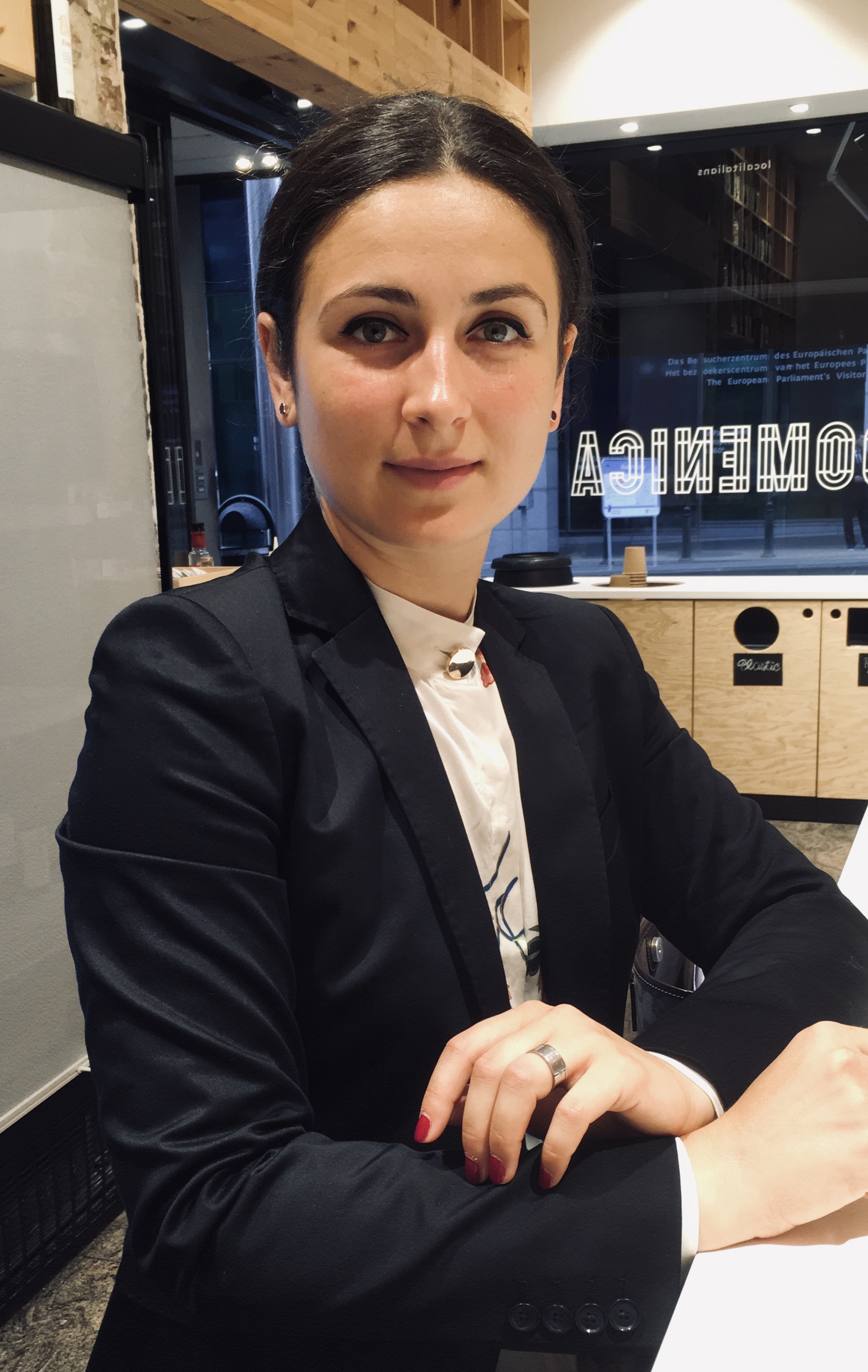World Youth Skills Day promoted by the United Nations is marked on 15 July to celebrate the resilience and creativity of youth throughout the crisis. On this occasion, DevelopmentAid has held an exclusive interview with Tetiana Stadnyk, the Secretary-General of the Youth and Environment Europe (YEE), a network actively engaged in helping young people develop skills for active participation in environmental and climate decision-making processes.
It is not new that the Covid-19 pandemic has shattered people’s lives, as well as organizations and companies, though allowing the most resilient ones to blossom in the midst of adversity, which seems to be the case of Youth and Environment Europe (YEE).
Youth and Environment Europe (YEE), founded in 1983, is an independent European network of environmental youth organisations bringing together 52 member organisations from 30 countries. The YEE has been organizing activities and events for young people to acquire skills and knowledge necessary for activism and advocacy in matters related to biodiversity and climate. With the latter being on the international agenda for decades, the youth is particularly active to seek solutions and make its share to solving these pressing issues.
Advocacy and youth empowerment are crucial
Advocacy is a very important activity that allows civil society to bring its voice to the table of the decision-making. In practice, it represents ‘an act or process of supporting a cause or proposal’ and at the same time is used to defend and protect citizens’ rights on a particular matter. UNICEF is actively supporting youth to advocate for their rights. Young people represent generations which will feel more the influence of decisions taken today:
“It matters that young people care, that they care about politics and the decisions that have influence on their lives,” stresses Tetiana Stadnyk.
To do it in an effective way requires knowledge and skills, and very importantly an organized action. YOUNGO – the official children and youth constituency to the United Nations Framework Convention on Climate Change is an example of such organization at the highest political level, where young people
‘make official statements, provide technical and policy inputs to negotiations and engage with decision-makers at the UN climate change conferences, and promote youth participation in climate change projects at local and national levels.’ (UNFCCC)
Youth empowerment is one of the facets of advocacy as it helps young people believe that they can make their share to solving the pressing societal and environmental issues. In fact, it is perceived as an issue in the current education system with the need ‘to empower today’s youth to address problems associated with climate change and ecological degradation’ some researchers say.
Youth and Environment Europe (YEE) is an organization which offers young activists an opportunity to develop skills and knowledge that can help them to feel empowered by learning how to convert intention into action.
Adjusting to new reality
When coronavirus came and everything shot down, the YEE was still making arrangements for the one-year-long course ‘Imagining the Green future: Environmental strategy and Youth advocacy’, consisting of training courses and events in 8 different countries. The main goal was to help young people to learn how to build a sustainable youth organization while exploring such questions as ‘how to lead people, how to motivate and unite them in a sustainable way’. Hopes for a presential training vanished once YEE saw that after several months the situation was not changing with the funders not being receptive to a different – virtual format of the training.
With their refusal coming just a couple of days prior to the training, YEE adjusted the programme and made one intensive week of online training in the spring of 2020, using their own funds, and relying on new engagement tools such as Google Jamboard, Mentimeter, Zoom, first on their own in spring 2020. They repeated the experience twice in 2021, but with the help of their funders already.
The third training had a stronger focus on advocacy with several experts involved. Tanya stresses that advocacy is a very special field with very few people knowing how to do it professionally, namely the ones who accompanied the entire process from the beginning until the end:
“Building a plan, communicating with the stakeholders and with the decision-makers, campaigning, engaging with the local citizens, lobbying for a change – it is a very lengthy process that can take years.”
The training was crowned with YEE supporting 7 youth-led local actions for climate in Serbia, Italy, Armenia, Georgia, Denmark, Poland.
Perspectives for the future
The work at the YEE continues. The team is growing, and many more activities are planned to help youth to be actively engaged in decision-making processes, building for their own future. The organization tries to identify knowledge gaps and help promote knowledge among young people:
“In our future work, we are going to build the capacity of young people to participate in these processes, focusing specifically on marginalised communities and young people who haven’t had yet a chance to be included.”
Adjusting to new reality, the YEE team is working to find resources for small funding opportunities and sub-grants for their member organizations and the projects that these carry out in their countries.
“Past year was somehow an experiment but a successful experiment because we were able not only to engage young people, but also find new partners and work on more projects – something that we haven’t done before. The more we collaborate the stronger we are,” concludes Tanya.
YEE is a member of the United Nations Environment (UNEP), European Environmental Bureau, European Youth Forum, Climate Action Network Europe, and is a co-founding member of the EU4Ocean Coalition.


